Sustainable agriculture: A win-win solution?
Sustainable agriculture practices are a must for India to feed its growing population with limited resources, enhance exports and also ensure environmental health, social and economic equity. IBT brings some interesting case studies of organisations in India who are blazing the trail in this area, while retaining profitability.
- Given the double whammy of exploding population & sparseness of cultivable land, it is essential to embrace sustainable agricultural practices.
- These farming techniques have numerous benefits – environmental health, social and economic equity, while also retaining profitability.
- Practices like GAP farming, permaculture, and vertical farming are the new age technologies that farmers and agritechs in India should embrace going forward.
- This will increase consumer confidence, reduce production costs & consequently enhance the income of farmers, in addition to promoting judicious use of scarce resources.

Image Credit : https://bit.ly/36NqZqW
The Food & Agriculture Organization states that the world’s population is projected to grow to 9.3 billion in 2050 & subsequently, food production will need to increase from the current 8.4 billion tonnes to almost 13.5 billion tonnes a year. In addition to the burden of feeding 9.3 billion people, agriculture will face a host of other challenges. These include intensifying competition for scarce land, degradation of land, water and soil by rising pollution, paucity of water and energy resources and the inevitable threat of climate change.
Given this scenario, it is very imperative for a country like India, which faces the double whammy of exploding population & shortage of cultivable land, to embrace sustainable agricultural practices. Moreover, Indian agri produce has also borne the brunt of rejections due to excessive pesticides in export markets in the past. Addressing this proactively is key to not just enhancing India’s agri exports, but also ensuring that it does not lose its current position in key export markets.
The FAO notes that “to be sustainable, agriculture must meet the needs of present and future generations, while ensuring profitability, environmental health, and social and economic equity”. Sustainable agriculture is essential because it nourishes the soil, minimizes energy use, conserves & protects water bodies from pollution, focuses on diverse farming systems, reduced greenhouse gas emissions, stabilizes food supply and supports local communities.
GAP Farming
FAO defines good agricultural practices (GAP) as “a set of principles, regulations and technical recommend-ations applicable to production, processing and food transport, addressing human health care, environment protection and improvement of worker conditions and their families”. It entails benefits such as food safety & security, higher yields, better price realization for farmers, rational handling of agro-chemicals, no contamination of water and soils, and access to new markets.

Image Credit : https://bit.ly/2UzZLhJ
One such company in India which is taking advantage of GAP farming is Farm Fresh Exports, a brand of Sangle Agro Processing Pvt. Ltd., a leading grower and exporter of a wide variety of fresh fruits and vegetables. Quality experts, HACCP Certified pack house, modern cold storage facilities and testing labs equipped with most sophisticated instruments are some of the things done to ensure food safety. Further, composed manure is used instead of fertilizers to nurture the crops from harmful and toxic chemicals in order to deliver finest quality of products.
Rajaram Sangle, Director, Sangle Agro Processing Pvt. Ltd. notes the benefits brought about by GAP farming for his business:
GAP has helped us to increase our market share by increasing confidence of our customers through establishing traceability. At the same time, we educated our farmers regarding the unnecessary pesticides. This has enabled them to effectively use natural resources like soil & water and enhance the quality of their produce.
Permaculture
Permaculture allows humanity to live in harmony with the natural world. It promotes the use of perennial crops such as fruit trees, nut trees, and shrubs that all function together in a designed system that replicates how plants in a natural ecosystem would function. Design techniques including herb spirals, garden beds, keyhole and mandala gardens, sheet mulching and growing grain without tillage are deployed to develop ecologically harmonious, efficient and productive systems.
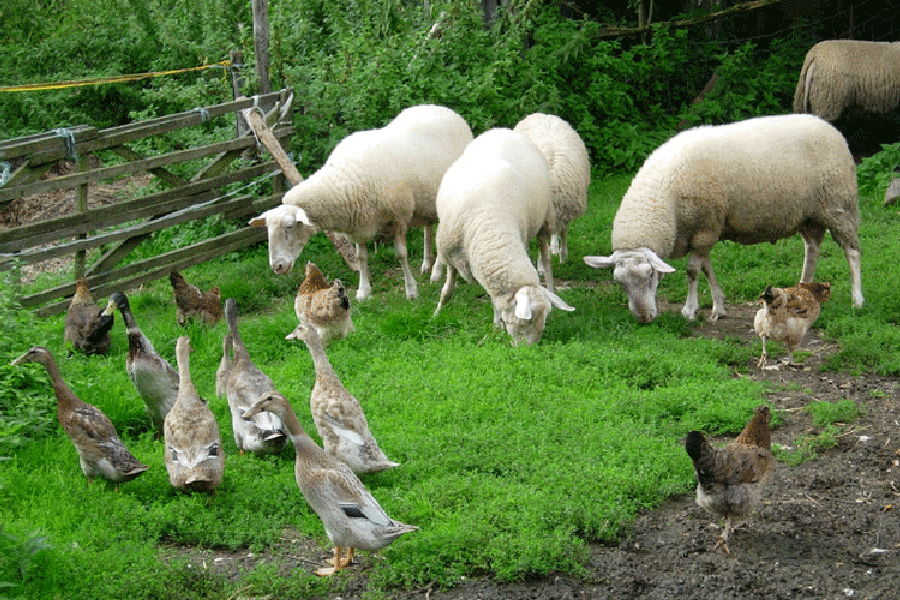
Image Credit : https://bit.ly/32WUnKh
Hyderabad based Aranya Agricultural Alternatives is one organisation which embodies permaculture, woven around the principles of ‘Earth Care, People Care and Fair Share’. This environmental and developmental organization aims to provide alternative solutions to the present conventional and chemical agricultural practices. The NGO has been involved in an array of such projects. For example, it trained and supported around 560 farmers to implement SRI, an agro-ecological methodology for increasing the productivity of irrigated rice. The USP of this project was that it increased water use efficiency, enhanced soil fertility and increased farmer income (average 25%).
Padma Narsanna Koppula, CEO, Aranya Agricultural Alternatives, explains:
We have been working very closely with farmers. Earlier, for example, if a farmer was cultivating one or two varieties of mangoes, we offer them suggestions like growing 2-4 varieties of mangoes. At the same time, we encourage them to introduce different layers of cropping systems to prevent losses, and get revenues throughout the year. This will also enrich biodiversity and restore ecological harmony.
Vertical farming
The ideal solution for places having sparse lands, vertical farming, is a practice, pioneered by Japan, of growing food crops on vertically stacked layers. Typically, in this kind of farming, crops are grown indoors, under artificial conditions of light and temperature, using soil-less methods such as hydroponics, aquaponics and aeroponics. Vertical farming has numerous advantages like using less water and pesticides than traditional agricultural methods & higher productivity, since plants are not subjected to weather vagaries.
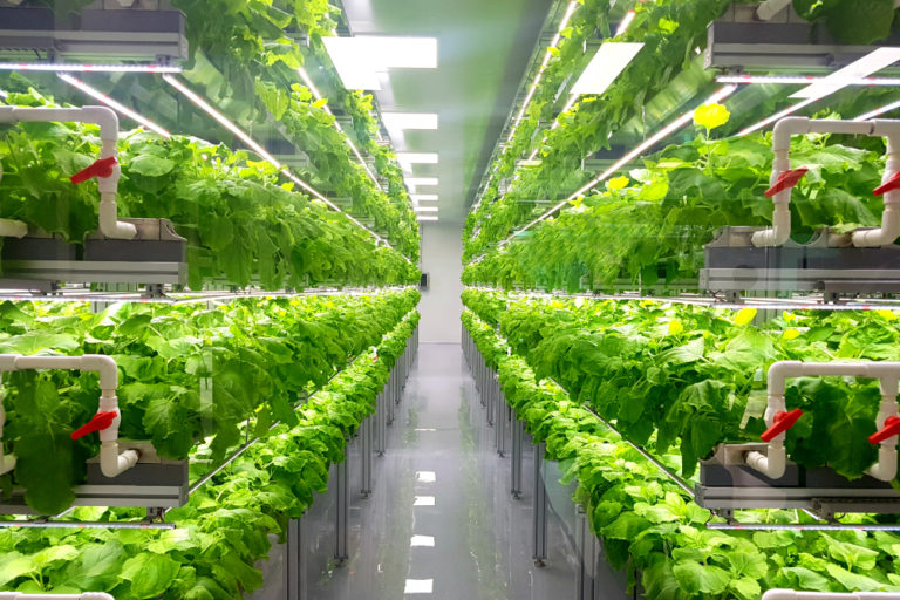
Image Credit : https://bit.ly/38TOFMU
Based in Chennai, Future Farms now grows 16 crop varieties, classified under English Exotic, Asian Exotic and Indian Exotic; and across 10 states using this technique. The climate control & hydroponic solution provider was one of the first agri startups in India to utilise hydroponics and set up rooftop farms that produce clean food crops. This agritech encourages pesticide-free, soil-less farming for “clean” food. It claims to have brought down water consumption by a gigantic 90%, cut down farming cost by half, increased yield. Sriram Gopal, Founder, Future Farms, notes:
This urban farming technique is 100% clean. It leaves no pesticide residue, has zero bio-toxicity or metal contamination. It involves lesser labour and input cost, but gives a greater yield.
Sustainable agriculture is the need of the hour to save the planet & feed the rising population. It has a plethora of advantages such as conservation of natural resources, cutting down carbon footprint, increasing consumer confidence, reducing production costs & consequently enhancing the income of farmers. Therefore, more farmers and agricultural companies should be encouraged to adopt these practices since this is a win-win situation for all stakeholders.







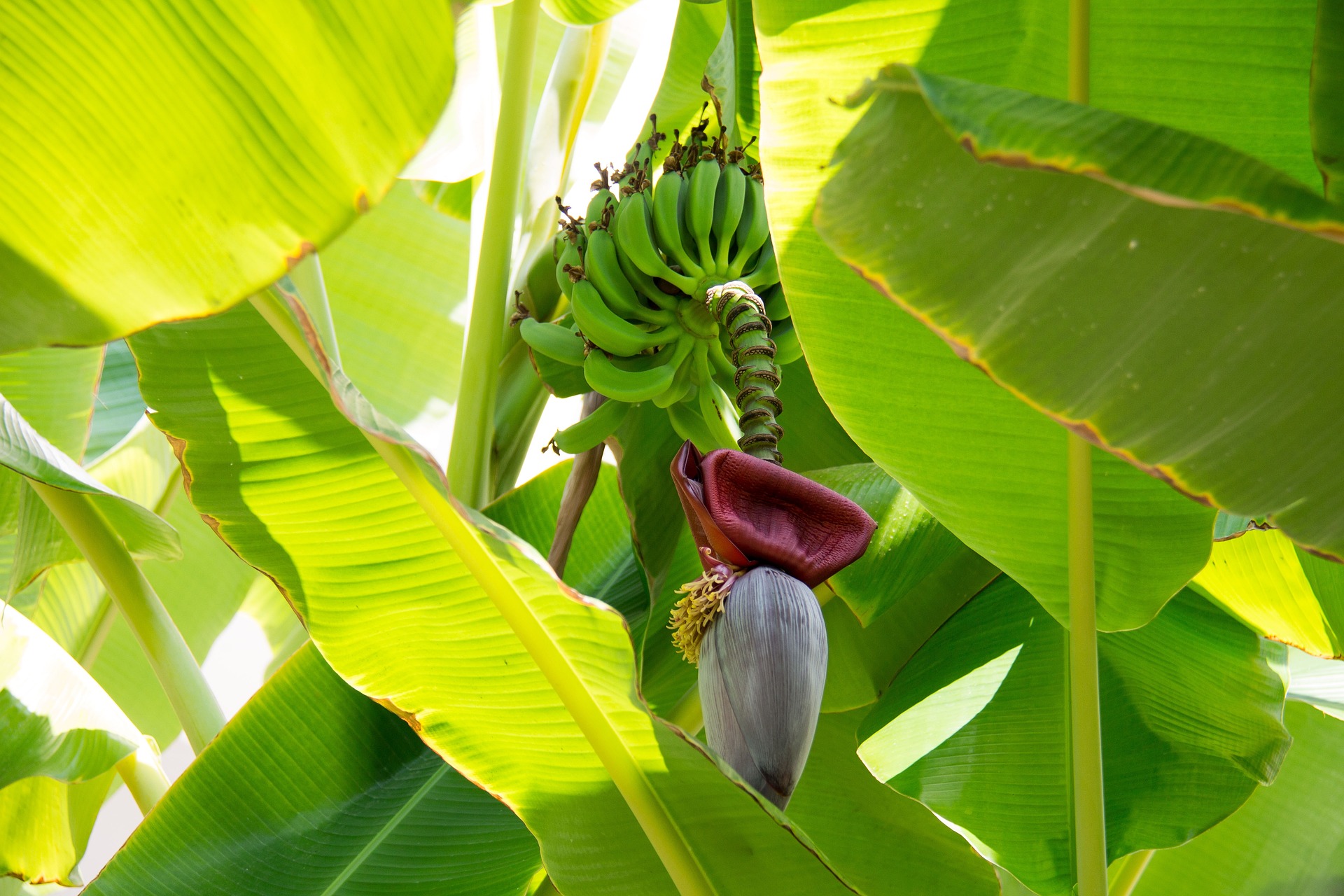
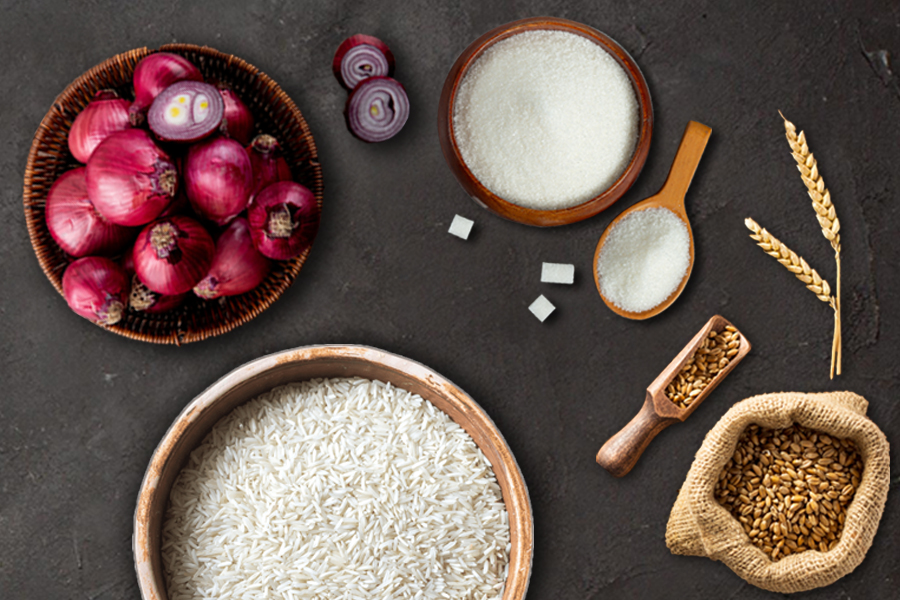
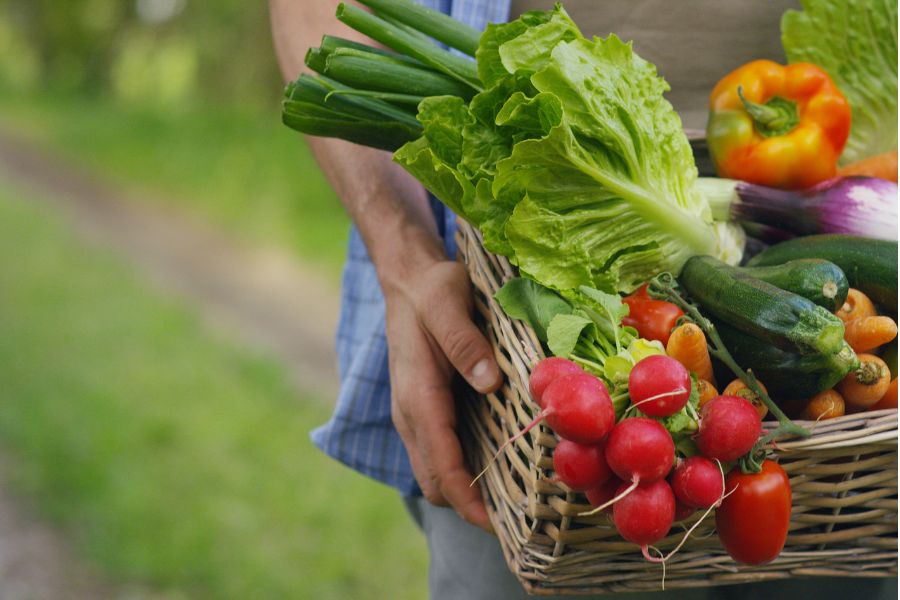
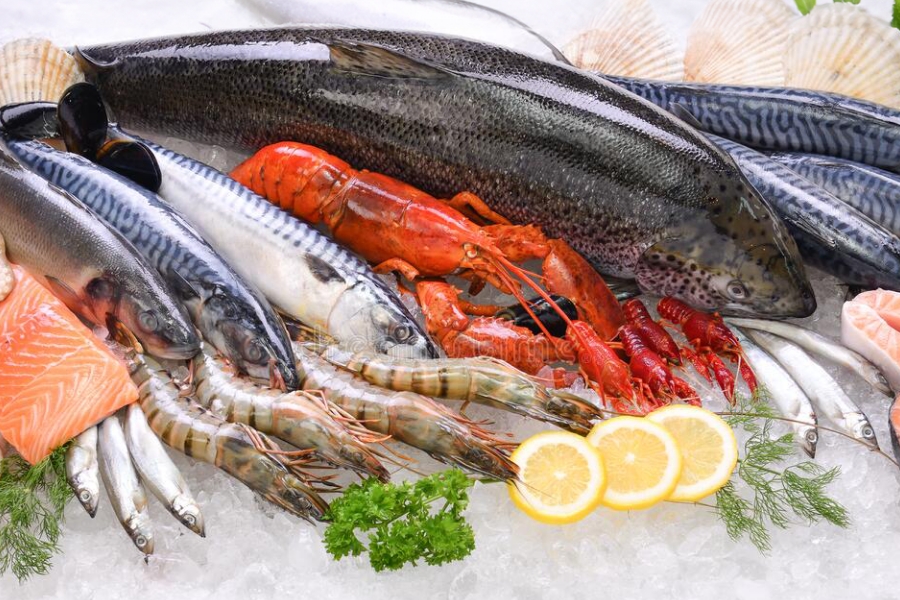


Leave a comment